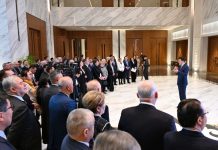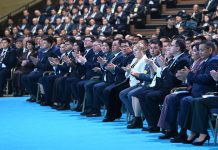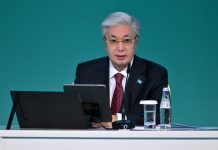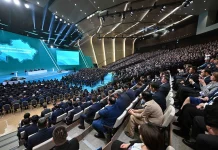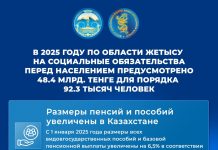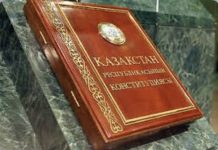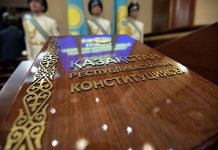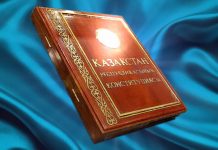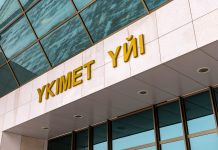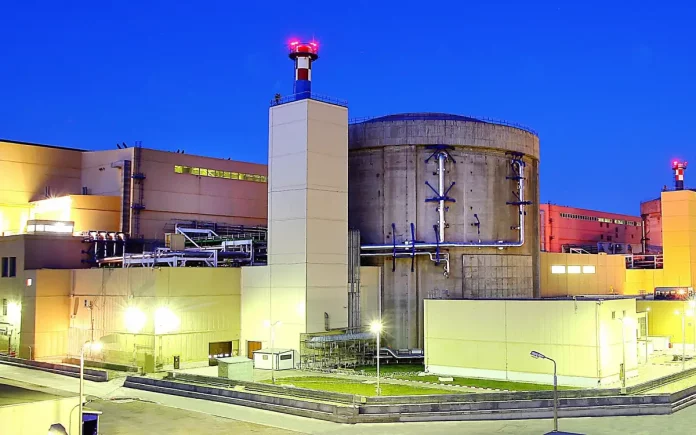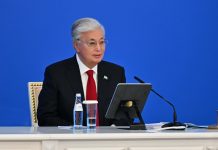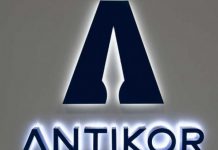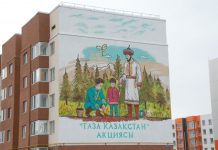Kazinform News Agency’s London correspondent spoke with Cosmin Ghita, CEO of Nuclearelectrica, about Romania’s nuclear energy sector, collaboration with Kazakhstan, and the future of nuclear energy.
— Could you provide an overview of Romania’s energy landscape and the role nuclear energy plays in it?
— Nuclear energy currently meets 18-20% of Romania’s energy needs through two CANDU reactors at Cernavoda. Plans are underway to double this capacity in the next decade, with new reactors expected to be operational by 2030-2031. Romania also plans to refurbish an existing unit by 2037, all in line with its decarbonization goals.
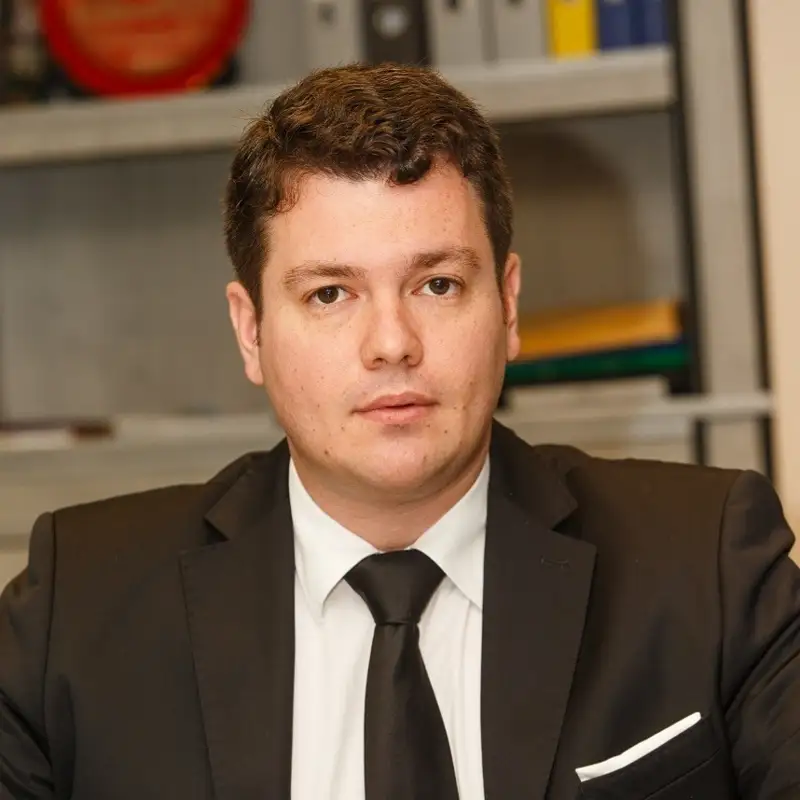
— What is the strategic importance of nuclear energy for Romania’s long-term energy security and sustainability?
— Energy security is crucial for ensuring a stable supply. Our nuclear plants have provided consistent power even during disruptions like the pandemic. In addition, Romania is working towards maintaining an integrated nuclear fuel cycle, supported by a strong partnership with Kazakhstan, particularly with Kazatomprom, which has been pivotal in securing fuel supply.
— Can you elaborate on the Romania-Kazakhstan collaboration in the nuclear energy sector?
— Kazakhstan has played a key role in supporting Romania’s nuclear fuel cycle, especially through the Trans-Caspian route, which has been both logistically challenging and beneficial. This partnership, alongside support from KazMunayGas, demonstrates the interconnectedness of power and industry between the two nations.
— What are the key innovations and projects you are focusing on to advance nuclear technology?
— We are developing several major projects, including the refurbishment of Unit 1 and the construction of Units 3 and 4 at Cernavoda, which will double our capacity. Additionally, we are working on small modular reactors (SMRs) to replace decommissioned coal plants, with the first SMR project under development in Doicești using NuScale’s Voyager 6 technology.
— How does your company ensure high environmental and safety standards?
— We are currently undergoing Environmental, Social, and Governance (ESG) reviews and developing new codes and standards to align with ESG goals. Our operations focus on benefiting the community while ensuring safety, health, and environmental protection through rigorous waste management policies.
— Public perception of nuclear energy is often a concern. How do you address these concerns, particularly in the context of Kazakhstan’s upcoming nuclear referendum?
— We maintain a transparent and open approach to our nuclear programs, engaging with local communities and universities to educate the public. Good communication and demonstrating the economic benefits of nuclear energy are key to improving public understanding and acceptance.
— Some Kazakh citizens worry about nuclear safety. How would you respond to their concerns?
— Nuclear energy is one of the safest forms of energy production. Having worked in various energy sectors, I can confidently say that no other industry has the same level of oversight and collaboration as nuclear energy. If other industries operated with similar rigour, the world would be much safer.
— What role do you see Romania playing in the global nuclear energy landscape?
— At the UN Climate Change Conference 2023, we committed to tripling nuclear energy production by 2050. Nuclear energy will play a key role in balancing the grid as power needs grow due to technological advancements. Romania, with one of the top-performing nuclear plants in the world, is well-positioned to share expertise and help train future leaders in nuclear energy.
— How many nuclear power stations are currently operating in Romania?
— We currently have one power station with two units. We plan to expand with two more units at the same site, and an SMR at a separate location, increasing our total reactors from two to five.
Background Information:
Cosmin Ghita has been the CEO of Nuclearelectrica since September 2017. He serves on the Governing Board of the World Association of Nuclear Operators and has held key roles at Chevron and within the Romanian government. Ghita holds a degree in Political Economy and Russian Language from Bates College, USA.


